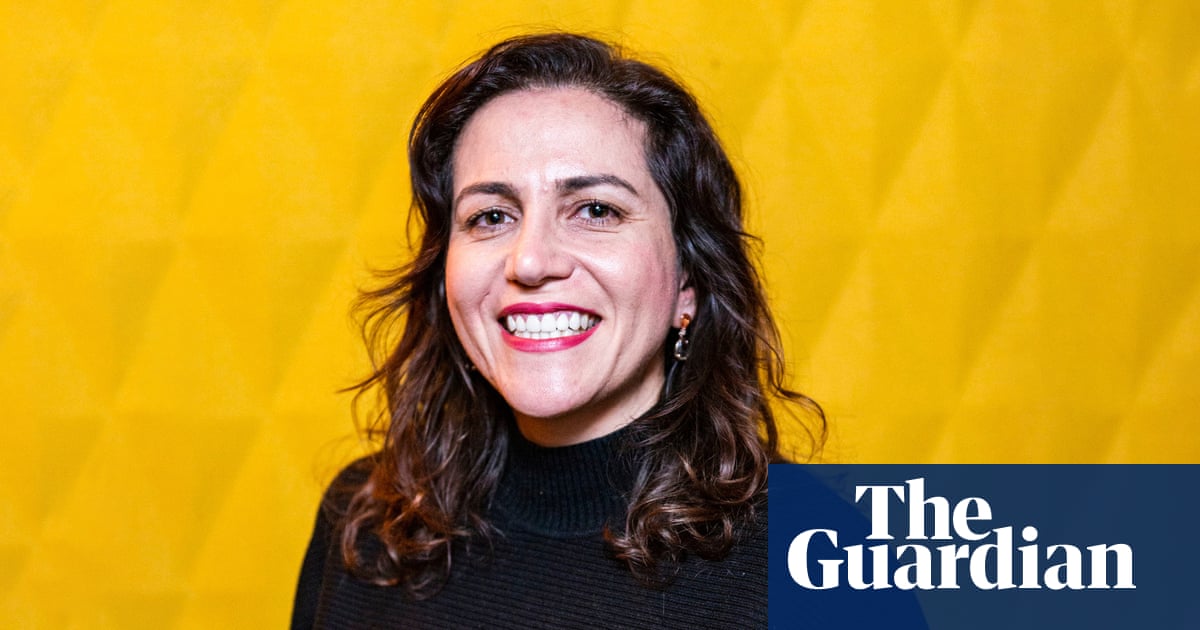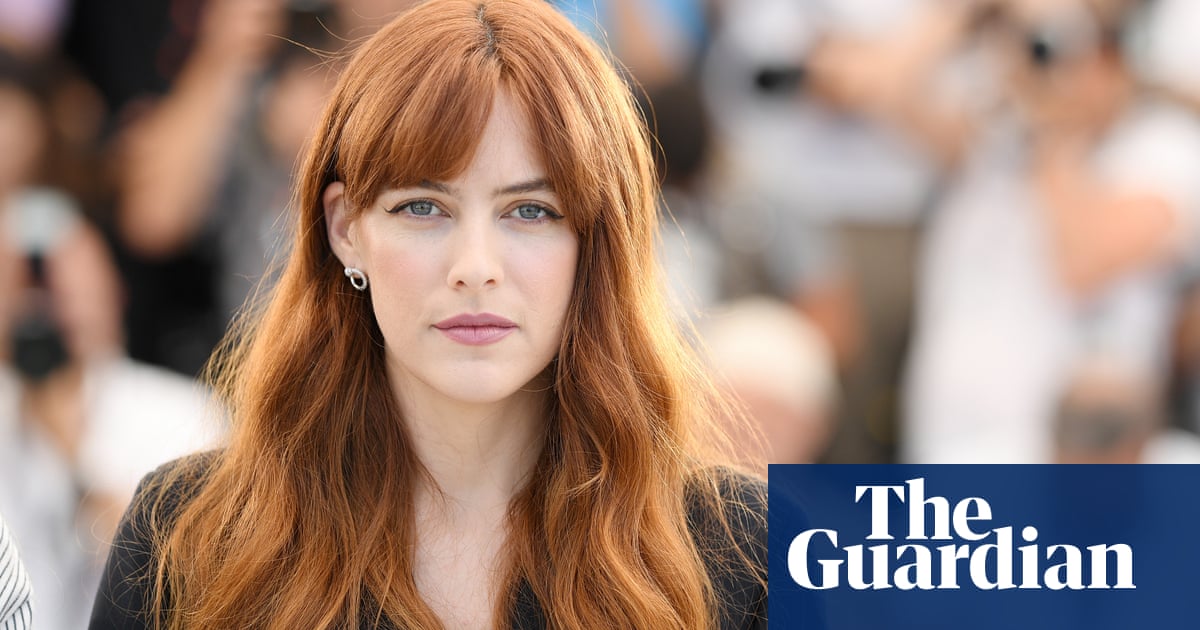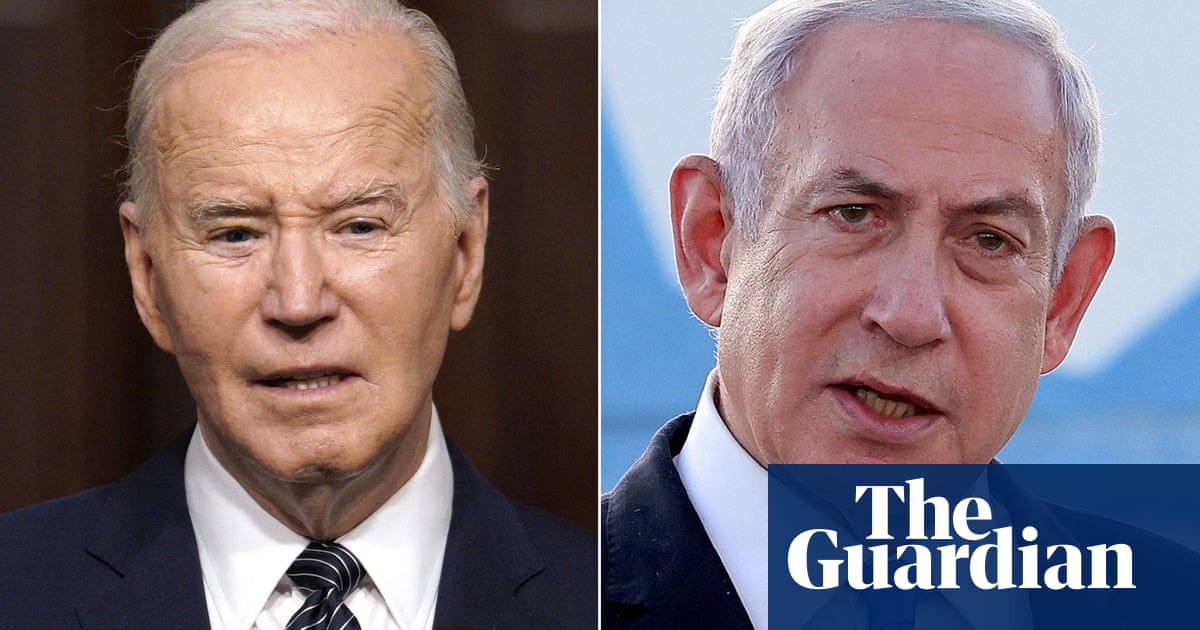
When Soudade Kaadan embarked on the journey to make a film about her war-torn home city of Damascus, she was burdened by “certain expectations as to how a Syrian film should look”.
“They want us to simplify the complexity of the Syrian war for western audiences,” she says. “I refuse to do that. They want films from Syria to be explanatory and informative and not a film with storytelling, with a personal point of view.
“I don’t go to see a film here in the UK to understand what happened in Brexit. You can’t ask a film to be a guidebook, nor a newsreel.”
What resulted was Nezouh, her carefully choreographed, at times dreamlike and unconventional film about a Syrian family reluctant to leave a besieged neighbourhood in the city, even after a missile creates a giant hole in their home, “exposing them to the outside world”.
The idea of Nezouh, a word in Arabic that refers to the displacement of souls, water and people, came to Kaadan after she saw a photo shared on social media of a destroyed house in the Syrian capital in 2012.
What started as a popular uprising in Syria against the government of president Bashar al-Assad in March 2011, quickly descended into a full-blown civil war, that has killed more than half a million people.
Filmed during the pandemic in Gaziantep, a city in southern Turkey, Nezouh is shot by celebrated cinematographer Hélène Louvart, and is set in 2013. The film won the Armani Beauty audience award at the 2022 Venice film festival and is the 2023 winner of the Amnesty International human rights award at Rome MedFilm festival.
The film shows no one dying and there is no sign of bloodshed on the screen, while the usual action scenes which typically dominate Middle Eastern war movies are missing. Instead, by combining dark humour and magical realism, Kaadan delivers a delicate human story with universal appeal.
“I believe that the female gaze and lens is different, especially in war movies. Male directors like big action, battlefields and graphic scenes, and women are more interested in the micro changes unravelling in the family or in society,” she says. “We film things differently. It’s the small things that interest me, the things that you don’t see on the news.”
She says she “didn’t want the audience to go out and say ‘those poor Syrians’”.
“I wanted to show a film where you can see our tragedy with dignity, when you can sympathise with us and not see us only as victims. I opted for dark humour because I believe we laugh with people who we feel equal with,” she says.
Nezouh starts with shots of a father, Motaz, working on a generator to replace the electricity that has been cut off in the family home. War is shaking up the family dynamics as Motaz’s wife, Hala, and 14-year-old daughter, Zeina, contemplate becoming refugees – against his wishes.
A central theme in Kaadan’s multilayered story is that of Zeina and neighbour Amer’s coming-of-age attraction.
“When you lose everything, the only thing left is hope. A Syrian playwright, Saadallah Wannous, famously said that ‘we are sentenced to hope’. Because this is the only way to continue,” Kaadan says.
Nezouh is Kaadan’s second feature film after the award-winning The Day I Lost My Shadow, which is about a single mother searching the war-scarred outskirts of Damascus for a gas cylinder.
Born in France, Kaadan was raised in Damascus and lived there with her parents and three siblings before and during the first years of war. It was after the bombing started in her neighbourhood that she decided to leave. In December 2012, she moved to Beirut, the capital of Lebanon, a two-hour drive away, and lived there until 2020.
Kaadan now lives in London, having come to the UK on an exceptional talent visa, but says she wouldn’t have hesitated to seek asylum and become a refugee if she’d had no other option.
“I think it’s a right, when you can’t go back to your country, to seek asylum,” she says.
“Nezouh focuses on how difficult a decision it was for the family to leave. I wanted the audience to understand, and say ‘it’s crazy to stay’, and make them arrive at the point they ask themselves ‘so why are they not leaving?’
“If there is understanding of how difficult it is to leave, and to be displaced or a refugee, the attitudes in society could change and we wouldn’t have the Rwanda bill for example,” she adds.












